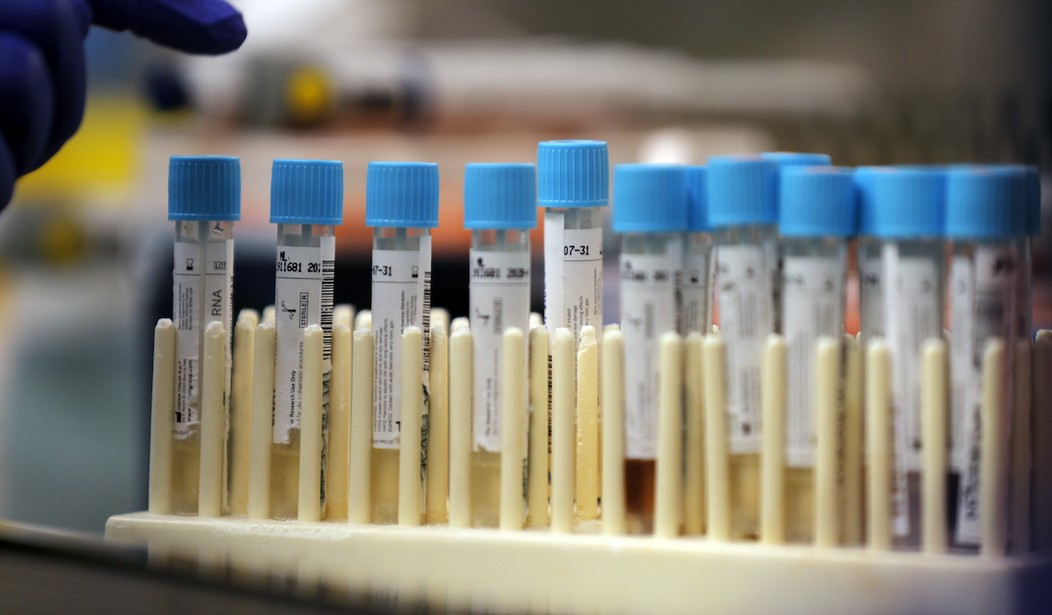Several drugmakers are in a race to create a vaccine to combat the coronavirus and it appears that some kind of vaccine will be on the market by the end of summer with large scale production of several vaccines ramping up by early 2021.
The U.S. is aiming to deliver 300 million doses of a vaccine for Covid-19 by early 2021. The manufacturing process is already underway even though they aren’t sure which vaccine, if any, will work, a senior Trump administration official told reporters on a conference call Monday. He said they are already buying equipment, securing the manufacturing sites and, in some cases, acquiring the raw materials.
“Exactly when the vaccine materials will be in production and manufacturing? It’s probably four to six weeks away,” the official said on the call, which was hosted by the Department of Health and Human Services. “But we will be actively manufacturing by the end of the summer.”
No company has ever rushed a vaccine into production in so short a time. What’s more, no one knows which of several vaccines will actually shield people from the virus.
Will they work? More importantly, for how long?
Vaccines create antibodies that allow the body to fight off specific infections. But the bugs can be tricky. The coronavirus family, which includes the common cold, SARS, and MERS, as well as the novel coronavirus affecting us today, can fool the antibodies and avoid destruction. This can lead to yearly infections of COVID-19 as the effectiveness of the vaccine wears off over a period of months.
This is not unusual. Most children need vaccine booster shots for a variety of childhood diseases. But the problem is that we don’t know how long immunity to COVID-19 will last after being vaccinated.
Under normal circumstances, the FDA would require dozens of trials over a period of years to determine how effective a vaccine is over the long haul. But that won’t be the case with COVID-19. And that’s a big question mark.
A study from Kings College in London found that it’s possible that any vaccine developed will create an immunity that only lasts a few months.
The study found that 60% of patients developed a “potent” response with antibodies at the peak of their infection with the virus, but only 17% retained the potency three months later. Antibody levels dropped so sharply in some patients that they became undetectable.
“People are producing a reasonable antibody response to the virus, but it’s waning over a short period of time and depending on how high your peak is, that determines how long the antibodies are staying around,” Dr. Katie Doores, lead author on the study, told The Guardian.
Doores also told The Guardian that a vaccine for the virus might also potentially fall short after a few months. “People may need boosting and one shot might not be sufficient,” Doores explained.
This is one study looking at one vaccine — hardly a smoking gun, but added to the body of knowledge we already possess about the way the body responds to the coronavirus. It’s helpful. It gives scientists and researchers currently working at breakneck speed to develop a vaccine another possible avenue of research to explore — never a bad thing.
The first polio vaccine created by Dr. Jonas Salk had an incredible psychological effect on the world. And yet, the Salk vaccine was only 70 percent effective. Gradually over the years, the vaccine improved until today. Now, it is 94 percent effective in combatting polio.
We should expect something similar with a vaccine for the coronavirus. It may take decades to perfect. In the meantime, the widescale distribution of the vaccine will allow us to return to some state of normalcy.










Join the conversation as a VIP Member